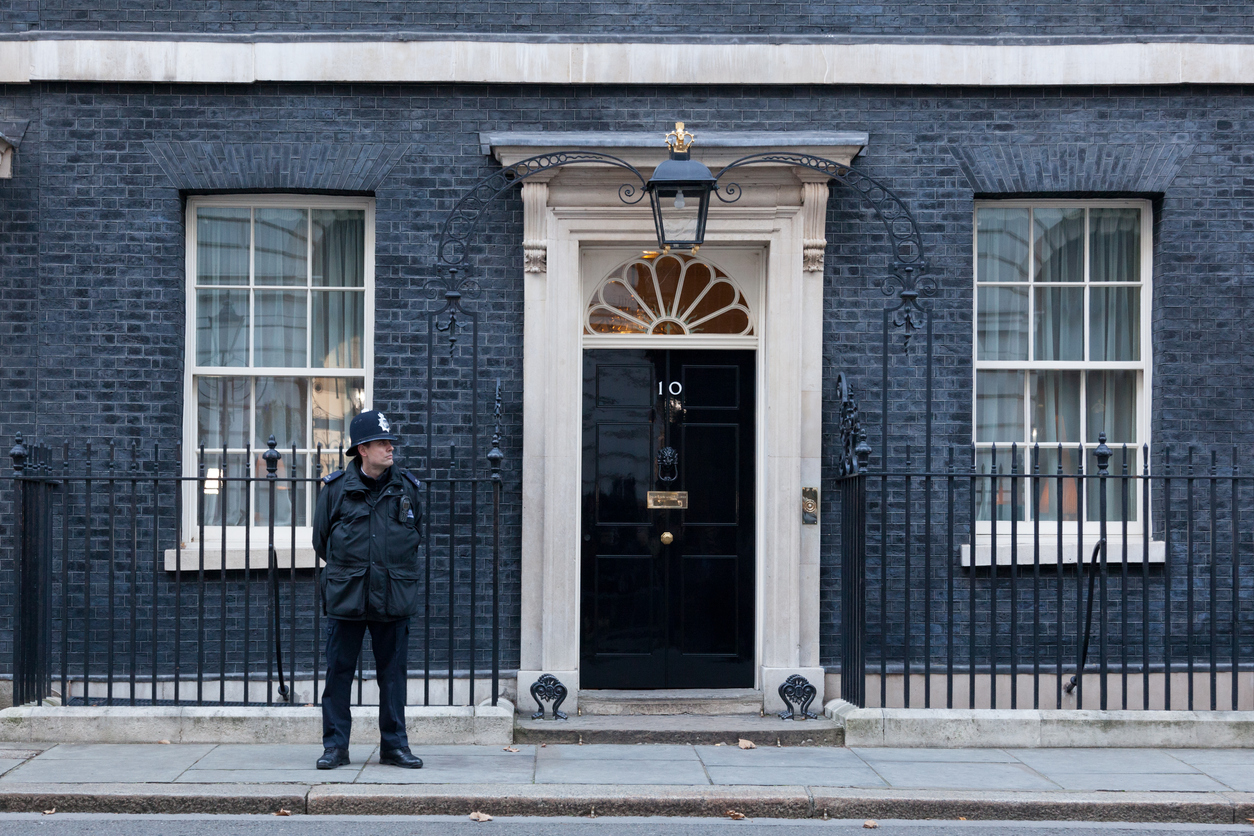Mental health services ‘in a fog’ Published:5th November 2014
The Commons’ Health Select Committee said graphic online content had resulted in a direct increase in mental health problems among young people, including stress and anxiety.
In a damning report on the “serious and deeply ingrained problems” in children’s mental health services, the committee said cyberbullying victims felt they could “never get away” from their tormentors.
Dr Sarah Wollaston, chair of the committee, said: “For many young people being bullied online, through social media, in the past they may have been able to get away from those bullies, now they follow them all the time, back into their home environment.
“A particular issue is the use of sharing of images of young women, a particularly unpleasant form of harassment and, of course, illegal.
“An image of a young person doesn’t stop being illegal because it’s been shared by teenage boys.
“The impact on victims is extraordinary and something we’re calling on schools and mental health services is to be much better equipped at helping young people who are falling victim.”
Dr Wollaston said children exposed to violent video games for two hours a night were “rather isolated in the online world and revealed there been a 20% to 25% increase in referrals to hospitals for young people with mental health problems.
“We’ve heard evidence to say that’s directly caused by the online world,” she added.
The committee warned mental health services were “operating in a fog” because essential research into the state of children’s and adolescents’ mental health in England was 10 years out of date.
Dr Wollaston said: “Not only do we have a shortage of prevalence data but we have an issue around the data about the provision of services.
“It is a disgrace that we don’t have provision data on children’s mental health service.”
In their report, MPs said there were “major problems” with access to inpatient mental health services and an unacceptable variation in the quality of services, with families facing “battles” to have their children treated.
They heard evidence from children who had spent months on a waiting list for therapy while some services admitted to being so overwhelmed that they only treated children once they had seriously self-harmed.
Children as young 12 were being held in police cells overnight when suffering a mental health episode because out-of-hours services did not exist in some areas, while others were being admitted to mental health wards on the other side of the country away from their family.
The Health Committee report said: “There are serious and deeply ingrained problems with the commissioning and provision of children’s and adolescents’ mental health services.
“These run through the whole system from prevention and early intervention through to inpatient services for the most vulnerable young people.”
Children’s mental health charity YoungMinds said it was clear that services were facing a “major crisis” which was causing daily suffering for young people and their families.
NHS England told the committee that only 6% of the mental health budget was spent on children and young people, despite half of all adult mental health problems starting before the age of 14.
The report urged the Government to make huge investments in services, particularly in early intervention measures which could prevent mental health issues becoming entrenched in children.
They welcomed news that a taskforce would carry out a new study into the prevalence of mental health in children and adolescents, and urged for more data surrounding the provision of services.
Care and support minister Norman Lamb said: “I am determined to make sure young people get the mental health care they need.
“We’ve invested £7 million in new beds, I’ve launched a task force to improve services and we are introducing a new waiting time standard to make sure young people with psychosis get prompt treatment.
“I strongly welcome this report, which will support our work and the work of the task force to make sure children and young people’s services get the priority they deserve.”



